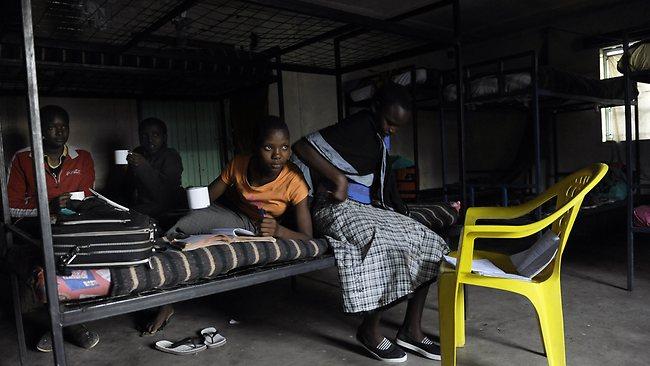
The government has said Ugandans are crossing to Kenya to undergo female genital mutilation (FGM) as a way to escape tough penalties against the practice in Uganda.
FMG, where the genitalia of a woman is cut for non-medical reasons, is prevalent among the Sabiny and the Pokot in Uganda despite having been outlawed in Uganda in 2010.
Ms Peace Mutuuzo, the State Minister for Gender and Culture Affairs, said yesterday during an inter-ministerial meeting for addressing cross-border FGM that there is a need for strong collaboration and harmonising of laws to curb the vice.
“We note that the practice of FGM is becoming complex. The introduction of laws prohibiting FGM has ushered in new dynamics. Previously FGM would be public and highly celebrated. Today, cutting sessions are now conducted in hiding and across the borders due to fear of the law,” she said.
Mr Daniel Alemu, the deputy country representative of United Nations Population Fund (UNFPA), revealed that last year, “the Kenya Police Service together with the Uganda Police worked together to rescue 12 girls who had crossed into Kenya from Uganda to undergo FGM.”
Dr Linah Jebii Kilimo, the Kenyan Chief Administrative Secretary at Ministry of Public Service and Gender, said his country is open to working with Uganda to address the cross-border FGM. She added that they are still trying to get to the bottom of what occasions the movements.
“Maybe it is because of affordability, fear of being arrested in their native country and lack of proximity to FGM sites in their country,” she said.
Ms Dora Kanabahita Byamukama, a lawyer, said because the practice has been addressed as a health issue, people are increasingly turning to healthcare providers to perform the procedure in the hope that this will reduce the risk of complications.
Health experts, however, say the same complications — which can result in long-term health and psychological consequences and sexual dysfunction — are a risk regardless of who performs the procedure.
Uganda managed to reduce the prevalence of FGM from 1.4 per cent in 2011 to 0.3 per cent in 2016. But Ms Mutuuzo said their preliminary findings show that there was a 56 per cent rise in FGM during the Covid-19 pandemic. She attributed this to the closure of schools.

